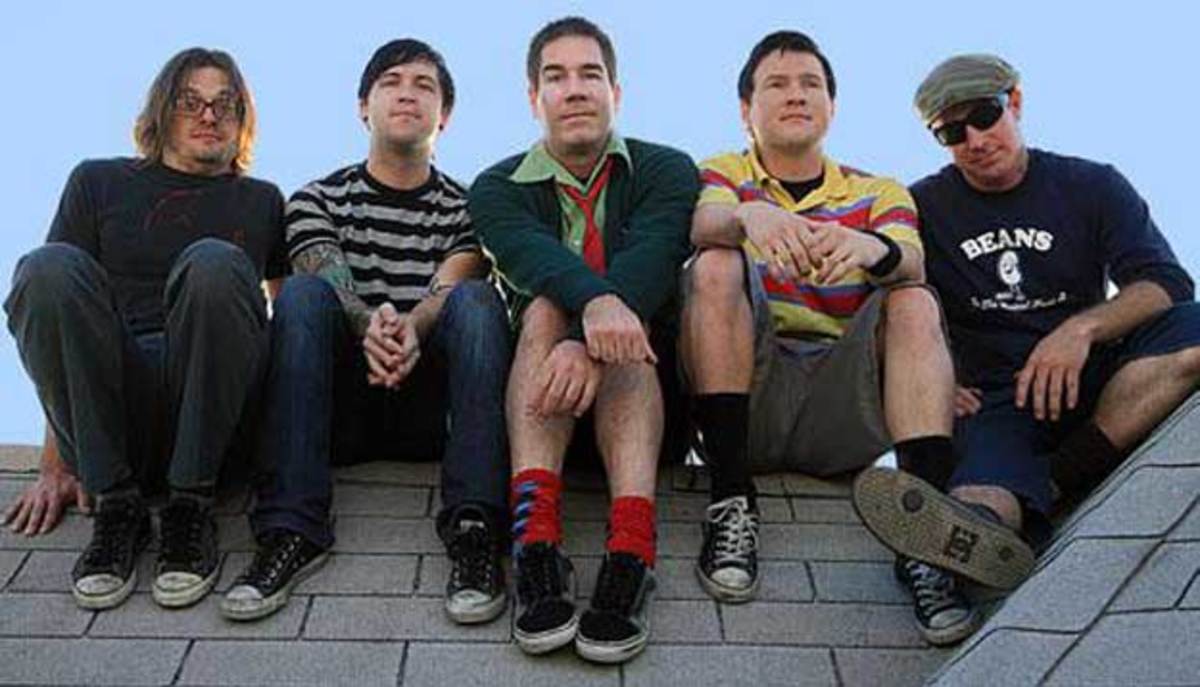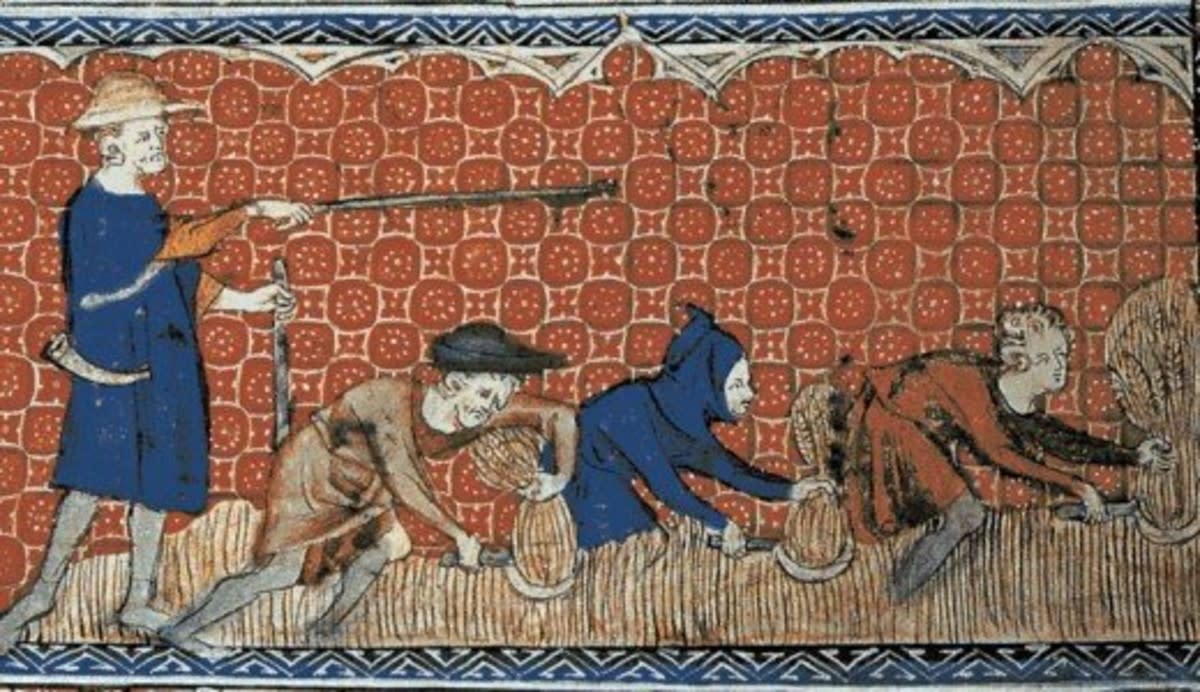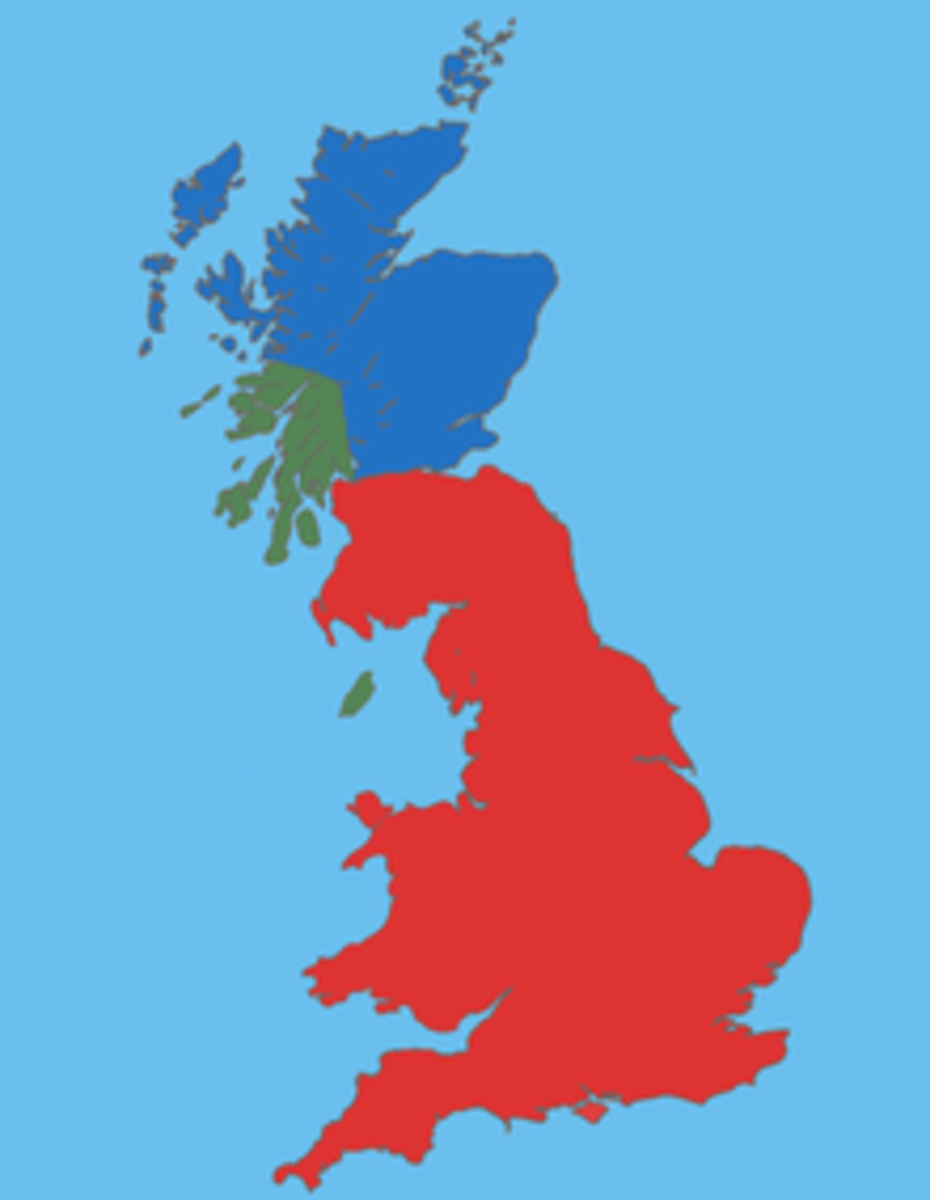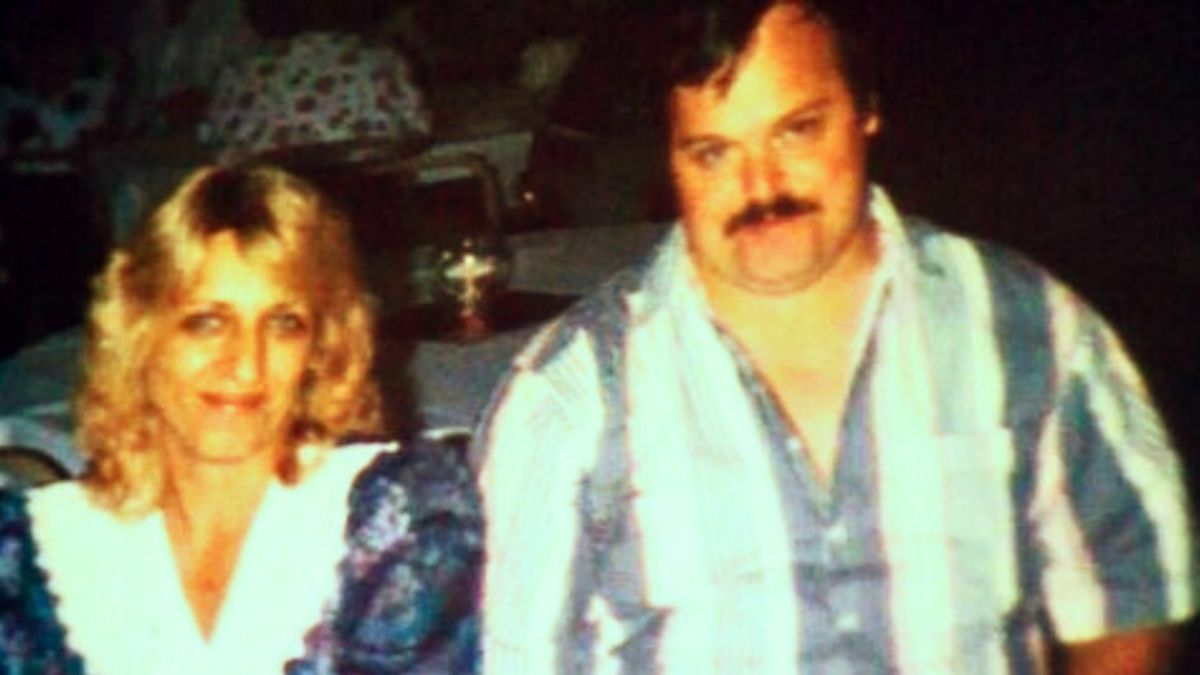The Pocket History of England - Part 4
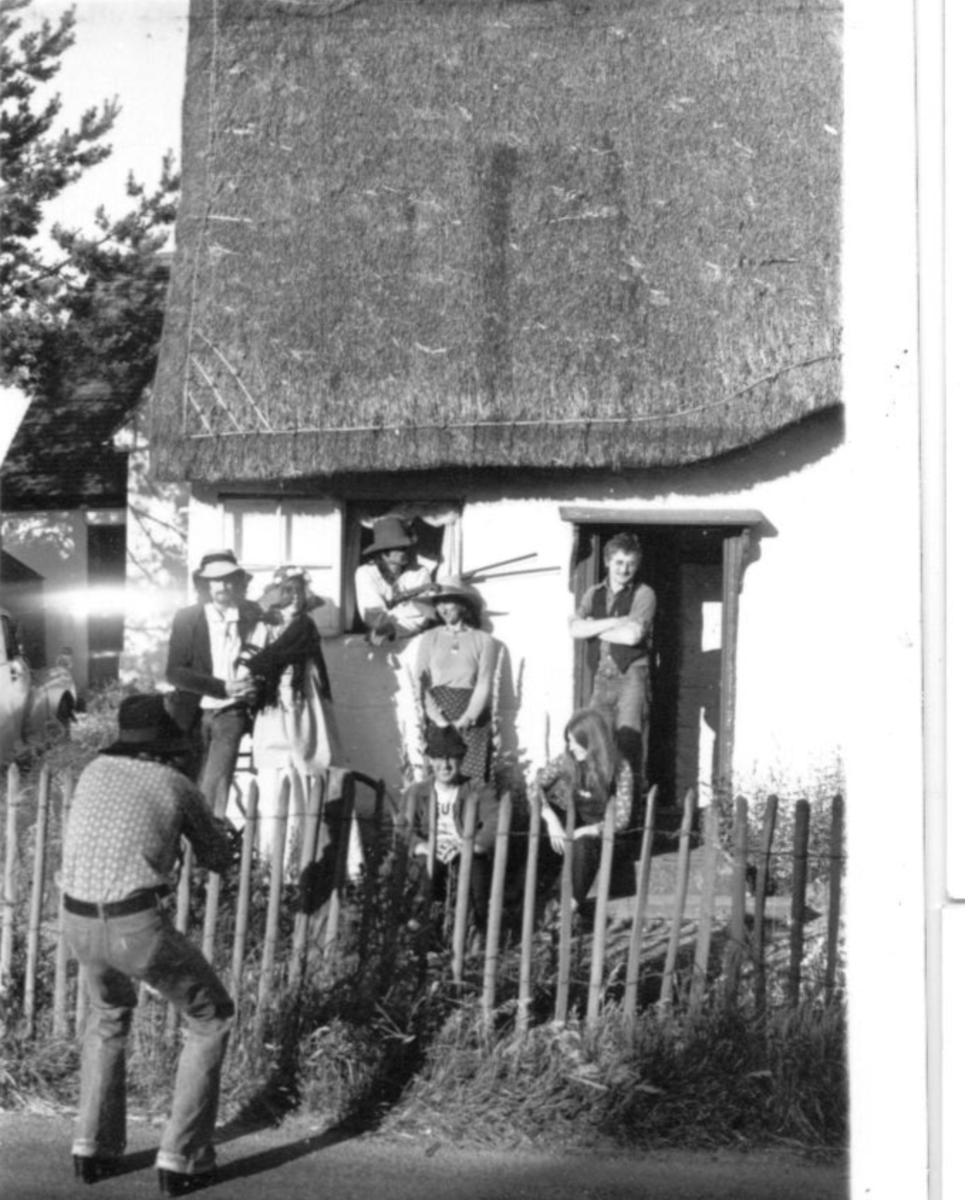
Part 4 of 6
The Pocket History of England
Part 4
For Barons, enough was never enough. Even though they had everything going for them; even though all the advantages were on their side, the Barons were still very rattled by the efforts of some of the Peasantry.
Information was, by and large, being disseminated far more efficiently and effectively and a broad recognition of the extent of the exploitation was, possibly, beginning to emerge. Even the self-interested Merchants and Professionals were beginning seriously to question some of the "fundamentals" of the system.
But the Barons were not through yet. They began to devise the biggest confidence trick the world had ever known.
To get the scale of this "con" into perspective, one must understand the ways in which the Barons and their favourite Lackeys had been applying their expertise in exploiting Peasants to the rest of the planet. While the Peasants in England had been trying to win some rights, the Barons, inspired by the Merchants, had been maiming and killing Peasants the world over in order to get them, too, to produce the wherewithal for their own destruction. Many of these Peasants, because they were darker of skin, were treated even worse than the English Peasants who at least had the good fortune to have the same colour of skin as the Barons. These darker Peasants suffered appalling living and working conditions as they drew from their own land the raw materials needed by the white Barons to build themselves lifestyles of unimaginable self-indulgence and machines of war to protect them.
But, coincidentally enough, there were other white Barons from other European countries indulging themselves in the same sorts of things. Quite often, they would bump into each other and, for a bit of sport, get back into the old game of flinging Peasants and Lackeys at each other. The old game was made even more exciting by the inclusion of some of the new machines of war that their opulent life styles had allowed them to develop in the course of killing and maiming the darker Peasants. But this was, after all, sport, and the gentlemanly white Barons could always overcome their differences to share some self-indulgences and to discuss how uppity some of the Peasants 'back home' were becoming.
The enormous "con" really arose informally out of these games in the farflung corners of the globe. The Barons began to notice a curious willingness among all the strata of the societies at home to immerse themselves in a sort of hysterical fever called "nationalism". Such was the desperation of many humans, even many Peasants it must be said, not to feel at the bottom of the social heap, that they were happy to join in the euphoria of denouncing whole other societies, particularly ones made up of people with darker skins, as being lower than the lowest Peasant in their own.
Many people found this refreshing and exhilarating and the Barons could sense this. So they hit upon the fantastic idea of building up all this hysteria into a World War.
The world had never seen a war like this one. It was called "The Great War"; the "War To End All Wars".
It began in the minds of the Barons as just another gentlemanly fray. Nobody of any importance would get hurt, just a few Peasants. Most of the Barons were related anyway.
But, once things had got underway, even the Barons began to realise that they'd created something bigger than anyone could possibly have imagined. The new machines of war chewed the earth; darkened the skies; spit the Peasants of both sides into scenes of greater horror than ever before thought possible.
The horror was so stupefying that even Peasants who managed to survive it remained in a state of shock for years afterward. Many of them never recovered.
From the Barons' point of view, these were embarrassing times. On the face of it, the stupidity of their greedy obsessions and the stunning incompetence of their attempts to stay abreast of the catastrophic circumstances they themselves had set in motion were exposed for all the world to see. How could anybody implicated in such a monumental disaster arising out of such a cynical, such an unnecessary, such a blatantly evil game ever get away with it.
Well, fortunately for the Barons, their control of the communications technology stood them in good stead. And because, to a greater or lesser degree, many of the Merchants and Professionals were themselves implicated in the stirring of the "nationalist" fever, they, for their own reasons, had no interest in trying to disseminate accurate information about who had been doing what for which reasons. The Barons, surprising even themselves, were able to dissociate themselves in the public eye from any of the blame.
The great mass of the surviving Peasantry were either still in shock or too exhausted even to notice. And the few brave ones who did notice and managed to say anything about it were dealt with quickly and efficiently by Barons and Lackeys who, if good at absolutely nothing else, were always able to maim and kill Peasant 'troublemakers'.
In fact, from the Barons' point of view, things really turned out rather well. Many of them had profited quite handsomely as their factories, staffed by Peasant women working for next to nothing to help the "war effort", poured out guns and ammunition. And, as it turned out, a whole generation of potentially uppity Peasants had been decimated. They'd had the stuffing kicked out of them. It would be a long time before they would be having uppity thoughts again.
It was the good old medieval times again. The war was over. The economy had to be rebuilt. Keep the Peasants busy doing that, and the Barons could be left free to plan the next one.
Yes, would you believe it.? After the horrors of the "Great War", there were still people around who were stupid enough to think that another one might be a good idea.
But planning for the next one turned out not to be quite as simple as planning for the first one. For one thing, the Barons, finding the ranks of their Lackeys swelled with the influx of the self-interested split-aways from the broad body of Peasantry (ie. Merchants, Professionals, Representatives, the Press), found themselves having to assume an even higher degree of distance and righteousness. Already dissociated from the broad majority of the seething masses, they began to dissociate themselves further from what was becoming a secondary level of seething masses. The swelled ranks of the Lackeys became boiling pots of greed, ambition, and thinly disguised aspiration to Baronhood. Lackeys didn't used to be like this. They used really to know their place, better even than the Peasants. But now they were becoming quite disturbing and the Barons began to withdraw into themselves to leave these 'new age' Lackeys to squabble among themselves.
So two things began to happen.
First, 'Underbarons' began to emerge. These were the greediest and most ambitious of the Lackeys and Professionals. And they gradually came to fill some of the space abandoned by the original Barons.
Second, far from losing their power by withdrawing from the squabbles, the Barons discovered, to their delight, that such was the insecurity among the Lackeys; such was their lack of genuine self-esteem, that they seemed to revere the Barons even more; to fawn even more at every diminishing opportunity. Even the really greedy and really ambitious ones seemed only too happy to grovel whenever a 'real' Baron appeared.
This tendency filtered down to the Peasants too. Now, all their anger at the manipulations and the administrative abuses directed itself at the more prominent Underbarons, and the original Barons, by a peculiar twist of informational fate, became objects of great fondness. Everybody, right across the whole social spectrum, forgot the Great War, that colossal blunder, that ultimate act in cynical manipulation, the greatest crime in the history of humankind, and the way in which the Barons had orchestrated the whole thing.
But the Barons weren't able to forget. They remembered the good times they'd had and the money they'd made. They remembered the 'old values', when 'men were men' and everybody knew their place. And, noting the emergence of the two strange factors above, they began carefully to cultivate some of the more energetic Underbarons, to join with them in some of the planning. And, sure enough, it wasn't long before yet another con was on the way.
Yes, primarily through the speculations of the greedy Underbarons who, wishing, themselves, to relive the good old days of the Barons and share in the magnificence and profit of human conflagration, and wishing also to divert the more astute Peasants' and Representatives' critical observations of the way the economic system was working, yet another Great War, another "War To End All Wars", was set in motion.
Imagine the broken hearts. Imagine the despair. Imagine the degradation and the frustration of intelligence as yet another generation of Peasants got themselves ready for yet another meat grinding.
Many of the Peasants and some of their more steadfast Representatives had been coming up with some truly enlightened ideas about human organisation and material distribution. These delicate initiatives found themselves usurped, compulsorily prostituted, and put to 'good effect' in the "War Effort".
As is usual with wars, control of it was lost almost immediately. So shocked were even the Barons and Underbarons, who had originally thought it was such a terrific idea, by the escalating violence and scale of the war that they had to grope around looking for systems for organising that were based on intelligence rather than greed. And as there were no Barons or Underbarons whose intelligence outstripped their greed, they quickly found that they had to call upon some of these enlightened Peasants and Representatives to devise systems of organisation that saw to it that everybody received enough of whatever was available in order to keep everybody working to keep the 'war effort' going. Enlightened ideas for organisation and distribution made sense to everyone when finally put to work without the hysterical villification of the Press and the opposition of the Barons and Underbarons.
After several long years in which this strange situation persisted whereby society was being run almost fairly in order to maintain a horrible war machine; in which, essentially, the Peasants were conned into trying to rationalise yet another hideous mess created by Barons, this second great conflagration eventually ran its course and died down.
But the awful injustice of the con job didn't end there.
It extended itself to destroying the only real gain of the entire conflagration. When the insane con had finally run its course, the rudimentary but enlightened system of organisation and distribution, for which many 'ordinary' people had made monumental sacrifices, was thrown away again; trampled and abandoned. With the exception of many of the Barons and Underbarons who, co-incidentally, had got richer, everybody found themselves back where they were before.
History seems to keep doing this, particularly to Peasants.
It always seems that the nearer the Peasants get to the equality of resources and opportunity that they've been seeking for centuries, the more vicious the struggle becomes.
/ to be continued
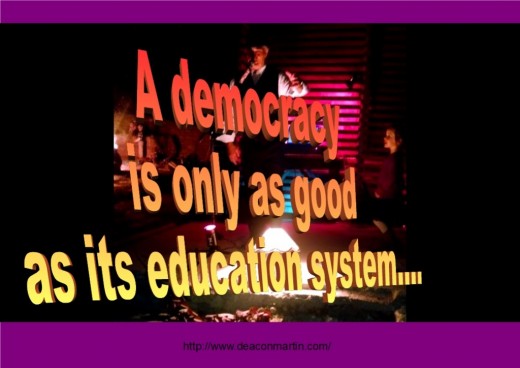
Links
© 2011 Deacon Martin

